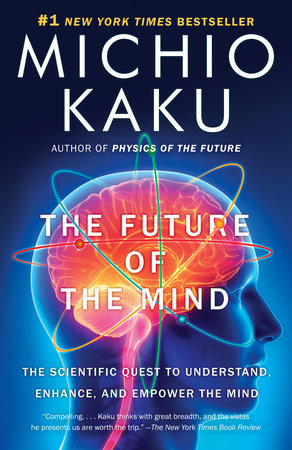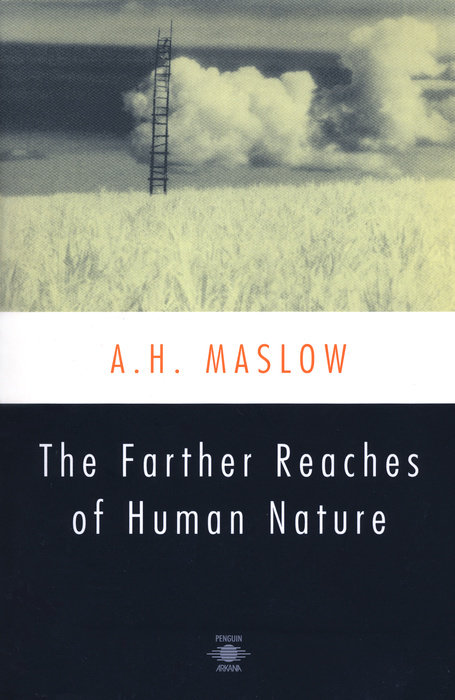TOPIC
Cognition books
Below are the best books we could find on Cognition.
Cognition refers to the functions and processes of the brain involved in thinking, language, perception, imagination, planning, problem-solving, comprehension, and memory. Cognitive psychology studies how these processes work in our brains and inform our well-being in life. Cognition is an extremely complex process that takes place every second of every day, allowing us to easily navigate a myriad of ideas, duties, activities, and relationships. Ultimately, cognition can affect our health, attitudes, connections, and how we draw meaning from life.











